What Is Dental Anxiety?
It is fear, anxiety, or stress associated with dental work and dental facilities. People suffering from dental anxiety in Houston TX, have a hard time reconciling with the need for professional dental care even when they have an oral problem. Such patients will explore all other options before they are willing to visit a dentist in Westchase, Houston, TX.
Patients have varying degrees of dental anxiety. Some patients have dentophobia, which is more severe than other types. It is an irrational fear out of proportion to the situation. Other cases of dental anxiety revolve around discomfort, distress, and feeling overwhelmed with dental procedures.
The Causes of Dental Anxiety and Phobia
At Armstrong-Katzmark DDS, we realized that many of our patients with dental phobia have had past traumatic experiences. For example, when you undergo an invasive treatment, the noises, pain, discomfort, and general dental experience can traumatize you. It leaves your brain with memories of bad experiences in dentistry. The result of such a traumatic experience is a dental phobia. It is part of your brain’s way of protecting you from undergoing any other traumatic experience.
Another reason you may have dental anxiety is underlying mental health problems. Patients with general anxiety, depression, or post-traumatic stress disorder are highly likely to have dental anxiety.
Underlying health problems can also be responsible for your dental anxiety. Patients with autism spectrum disorder, for instance, have a high risk of dental anxiety than the average person.
Reasons for Dental Phobia Occurrence
Dental phobia can occur in various situations. Some of the factors that can trigger anxiety in patients with dentophobia are:
- Blood – patients may have a fear of bleeding during dental procedures. Dentists must figure out if their patients have hemophobia (a fear of blood), so they can protect them from seeing any blood during treatment.
- Choking – some patients are afraid they will choke or have difficulty breathing when under sedation or anesthesia.
- Needles – getting anesthesia can be the hardest part of the procedure if the patient has dental anxiety. Needles can worsen anxiety, even though local anesthesia is supposed to be helpful for their treatment.
- Pain – Dental anxiety can stem from the fear of experiencing pain, especially after a painful experience.
- The dentists – sometimes the dentist is the problem. It is usually the case for patients with terrible experiences with dental experts in the past.
Measures to Deal with Dental Anxiety
In modern dentistry, dentists employ different approaches that can help overcome dental anxiety. The measures differ depending on the severity of the anxiety. The major approaches are:
- Sharing information with patients beforehand – sometimes, knowing enough about the treatment helps patients regain some control over the situation. Therefore, they can a bit more willing to go through the treatment with reduced resistance.
- Creating a friendly environment – Dental experts can find ways to adjust the dental office to accommodate your needs. It is very common in pediatric dentistry when handling children with dental anxiety.
- Exposure therapy – entails exposing you to different triggers under the supervision of a mental health professional.
- Local anesthesia – is a medication that numbs the mouth before dental work. You will not feel anything despite the invasiveness of the procedure.
- Sedation dentistry – dentists employ sedation to treat dental anxiety before performing any procedures. Sedatives are dental anxiety and fear treatments in Westchase, Houston, that help calm the body and brain. They ensure you are well relaxed before any dental procedure. Some sedatives allow you to remain consciously relaxed, while others leave you unconscious. Either way, sedatives are the best way to overcome dental anxiety.
How Does Sedation Dentistry Overcome Dental Anxiety?
- Preventing pain – when sedation, you will not experience pain or discomfort during your treatment.
- Temporary amnesia (also called Anterograde amnesia) – sedatives prohibit your brain from forming new memories during dental work. You will hardly remember the events of your treatment after the sedatives wear off. It prevents you from associating dental care with bad memories and experiences.
- Reducing gag reflexes – excessive gagging makes you feel like you are choking, which triggers dental anxiety. Sedation helps reduce the gagging, allowing your dentist to work smoothly in your oral cavity.
